Transport Good
The environmental justice social enterprise.
Category: Blog
-
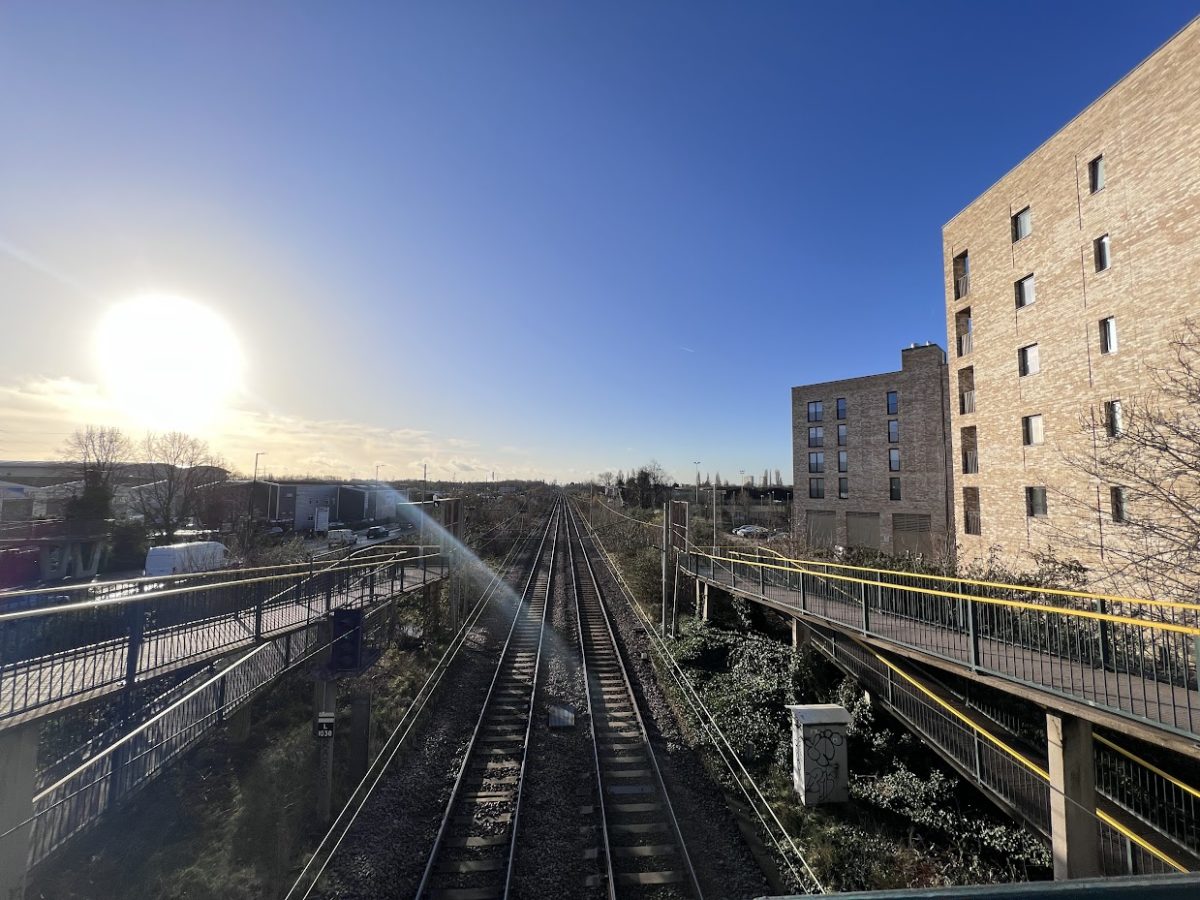
The wiki is one year old in April 2025. In its first year over 300 publications have been recorded.
-
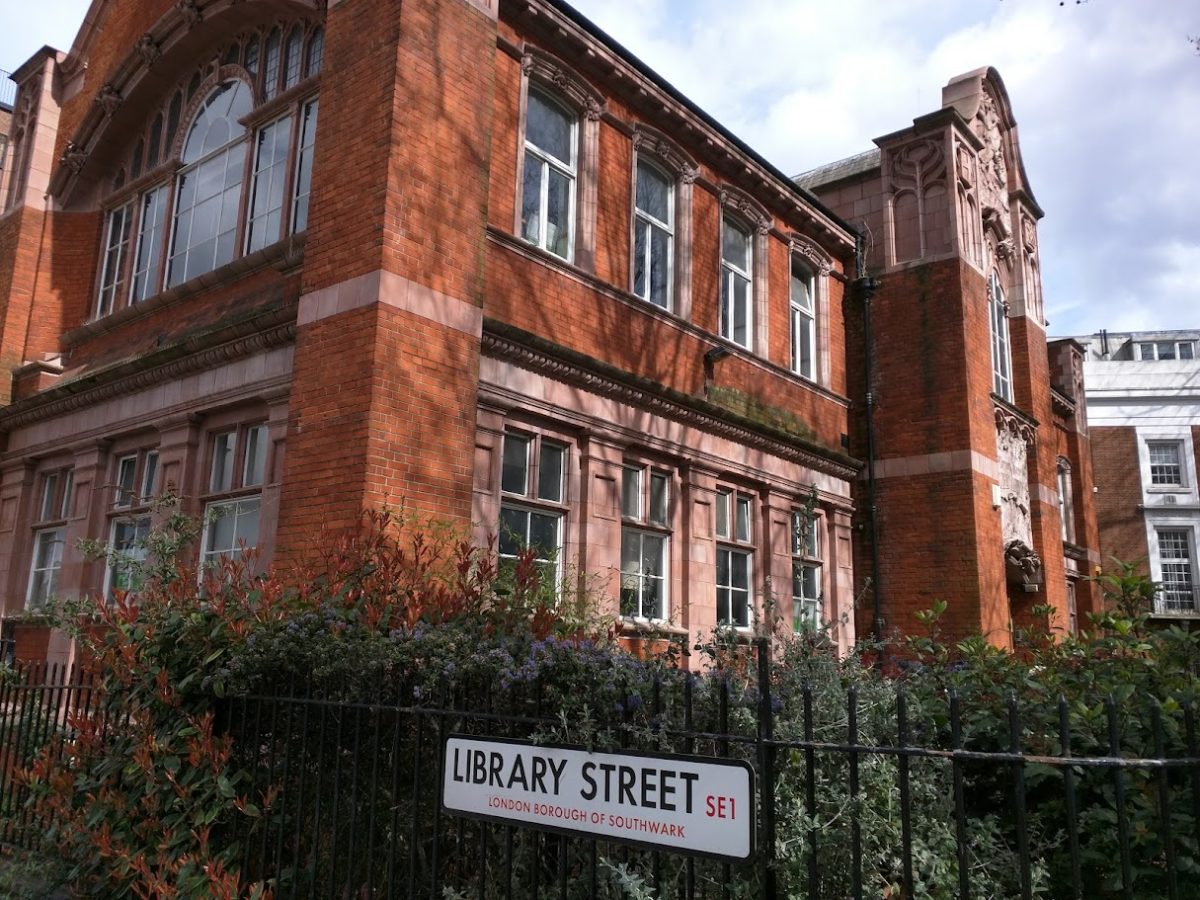
The one hundredth publication to be recorded was Travel in London 2023 from Transport for London.
-

An easily searchable resource of reports, reasearch and data to help campaigners make the case for positive change.
-
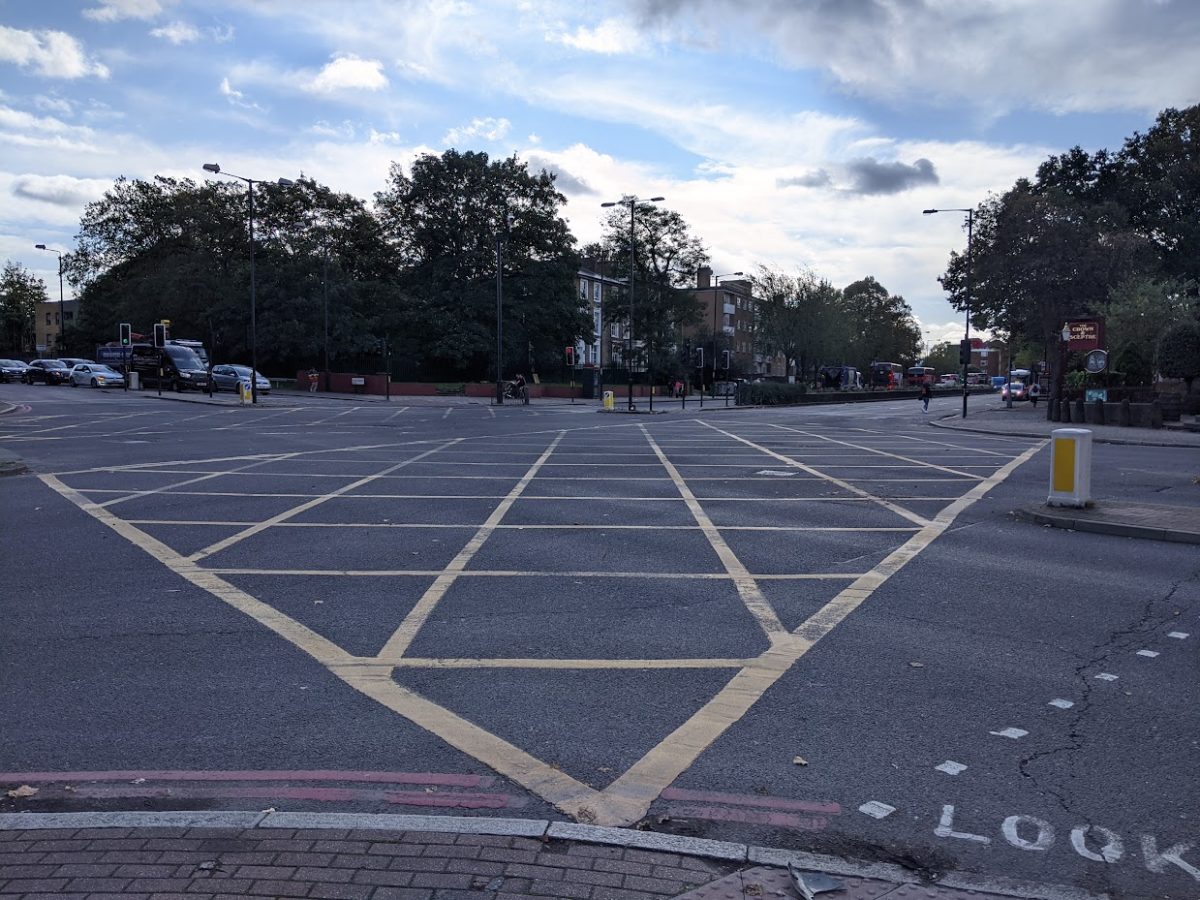
We have been collecting the views of Londoners about per-mile road pricing. What did they tell us?
-
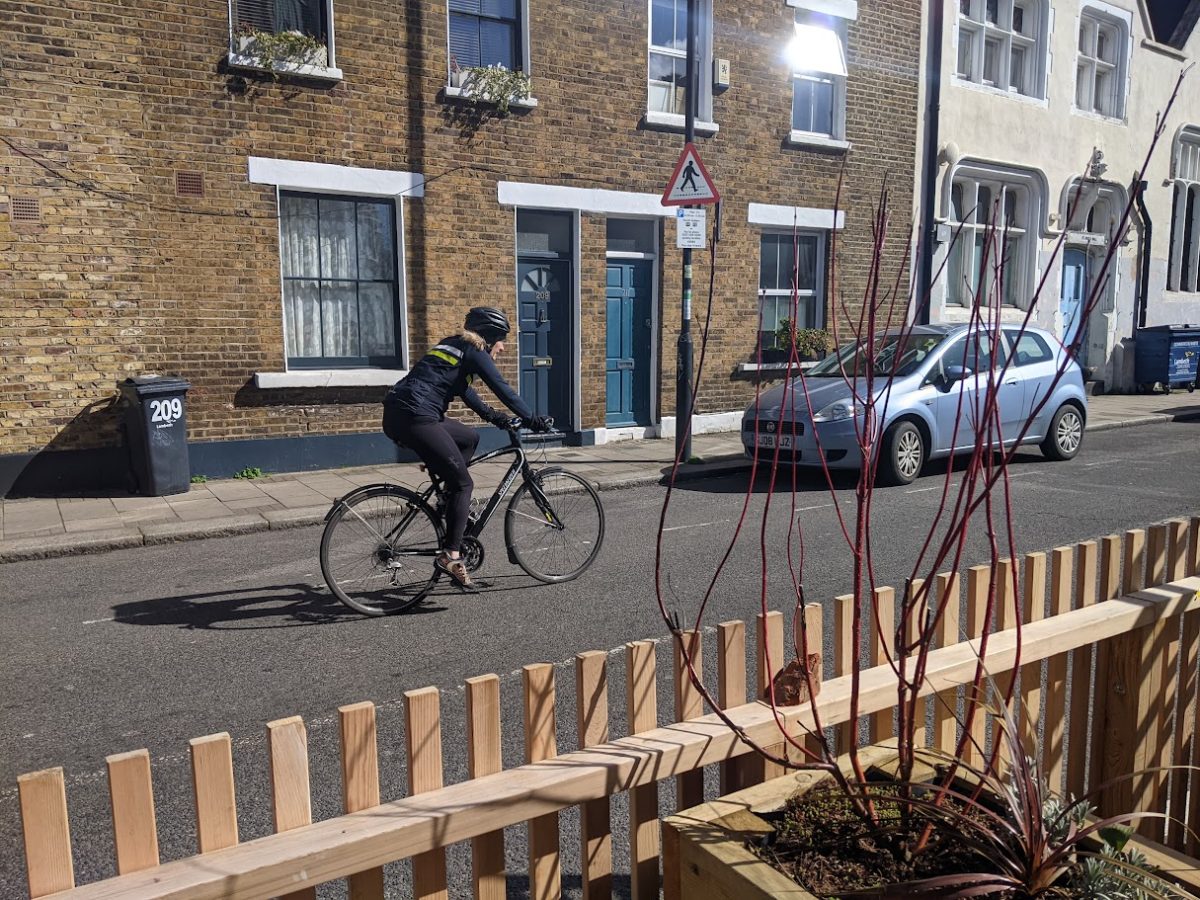
54% of Londoners support per-mile road pricing. This project finds, records and shares their voices.
-
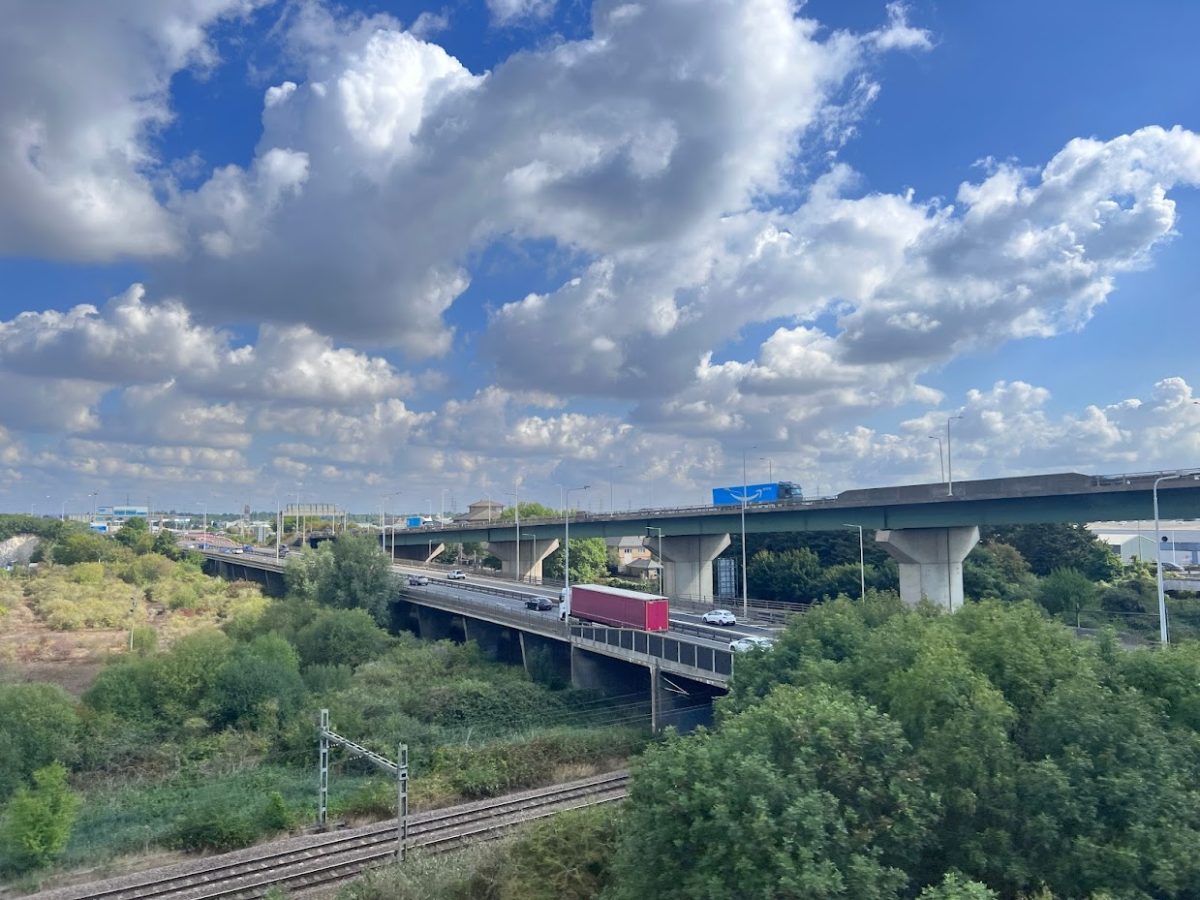
Useful reports about per-mile road pricing, including think tank reports, government papers and responses.
-
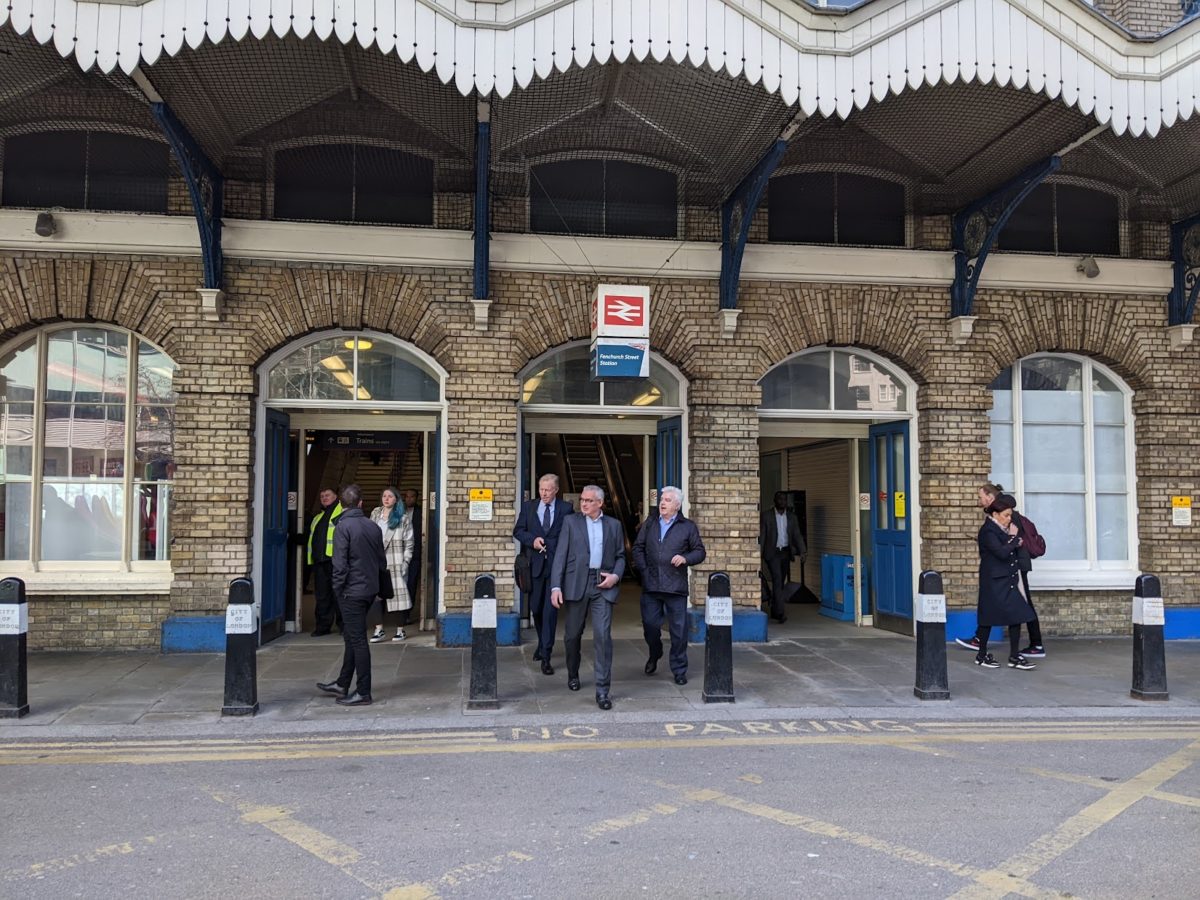
How are the rail timetables being restored after the pandemic? Here is the first report for operator c2c.
-
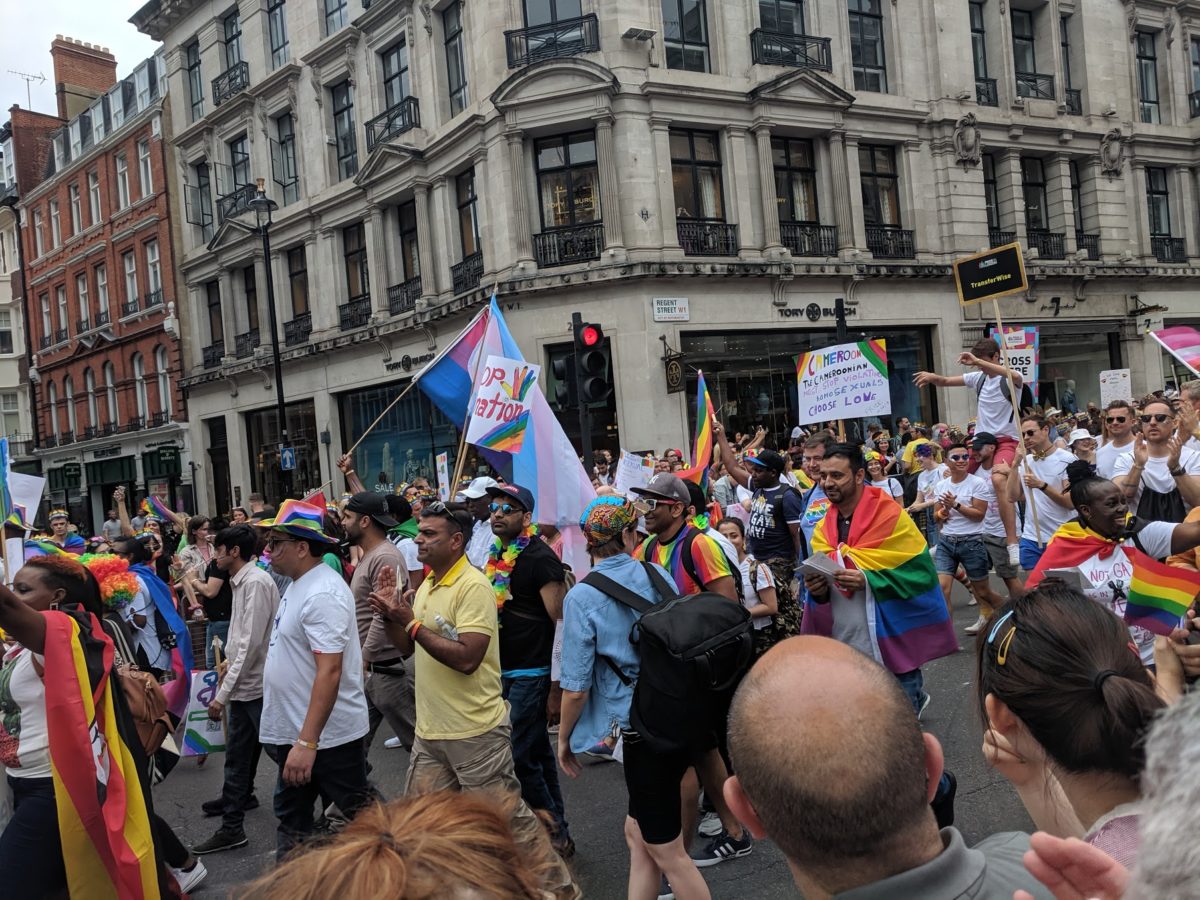
Futurechangers is a groundbreaking cohort programme that will run for the first time during 2022 in London.
-
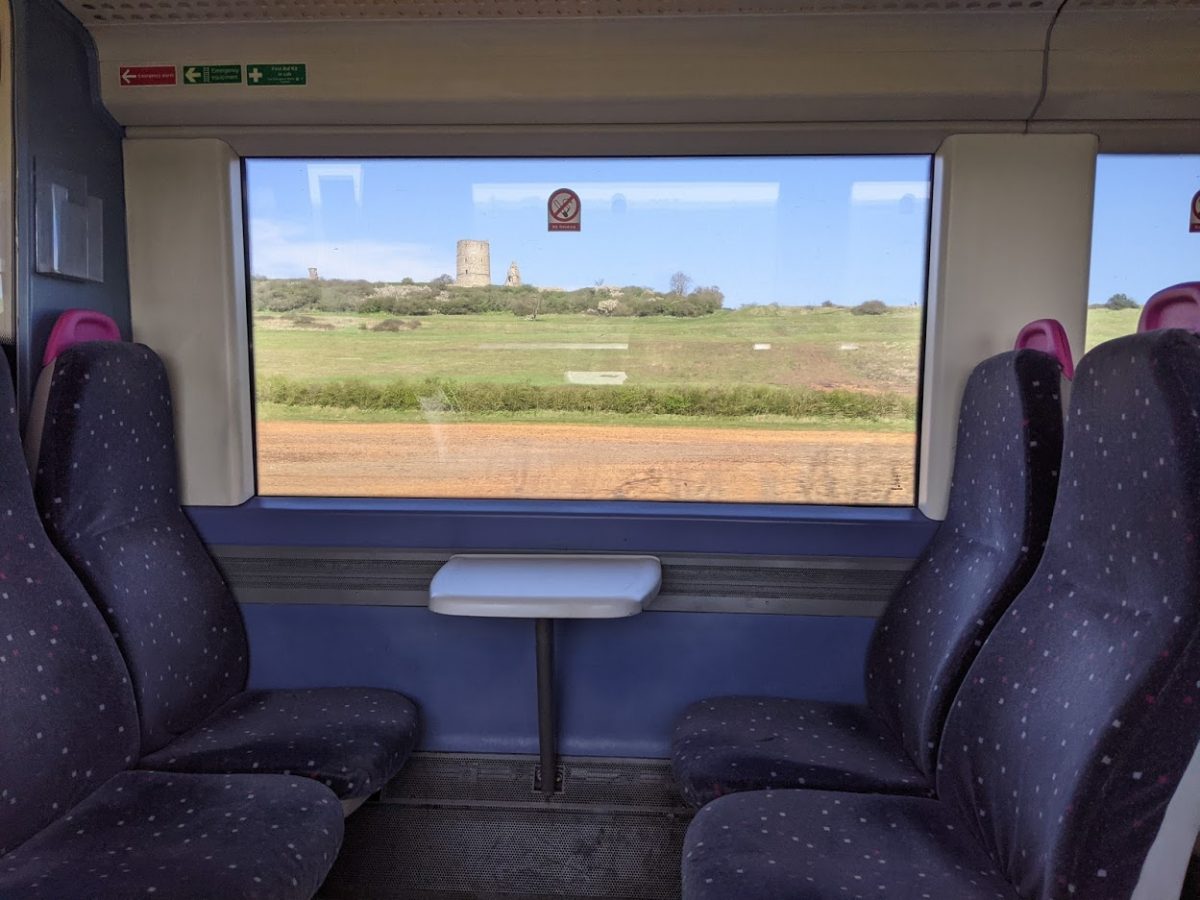
Railway services have been cut throughout the UK in response to the pandemic. Despite rising passenger levels many of these services have not been restored.
-

We can be better